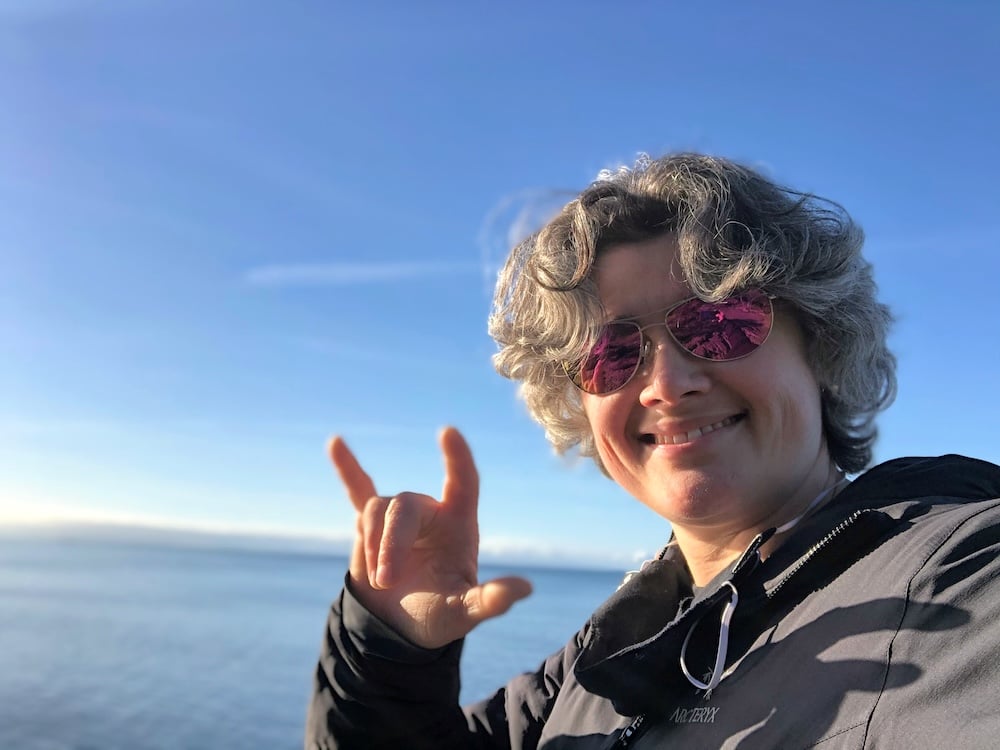Lifestyle
BC’s New Plan Leaves Deaf Community Feeling Abandoned

The recent retreat held by the New Democratic Party (NDP) in British Columbia has left many within the Deaf community questioning their future. Following discussions about potential changes to accessibility legislation, concerns were raised by advocates, including Sarah-Anne Hrycenko, who described the outcomes as a significant setback.
Hrycenko, a prominent advocate for Deaf rights, expressed her disappointment in a Q&A session after the NDP meeting. She highlighted that the proposed plans did not adequately address the needs of the Deaf community, which has long been seeking comprehensive support from the government. This sentiment echoes a broader frustration felt among advocates who believe this could be the end of their hopes for meaningful change.
March 2024 marks a pivotal moment for the Deaf community in British Columbia. The NDP’s retreat was intended to set the course for future policies under the Ministry of Children and Family Development. However, Hrycenko pointed out that the discussions fell short of addressing critical issues such as access to education, interpretation services, and the promotion of sign language.
The lack of concrete action has raised alarms. “We were hoping to see a commitment to real change,” Hrycenko stated, emphasizing the community’s urgent need for support. As the government formulates its approach to accessibility, the Deaf community fears they may be overlooked once again.
In a province known for its progressive values, the absence of robust plans for the Deaf community is particularly striking. Advocates argue that without a clear framework to ensure accessibility, the government risks sidelining a significant portion of its population.
Many Deaf individuals rely on services that facilitate their integration into society, including education and public services. Hrycenko’s remarks reflect a deep-seated concern that these services are not merely optional but essential for the community’s well-being and participation in civic life.
The NDP’s leadership has yet to respond to these criticisms directly. As discussions continue within the party, the Deaf community remains hopeful but cautious. “We need to be at the table, not just in the room,” Hrycenko stressed, underscoring the demand for representation in legislative processes.
Looking ahead, the Deaf community will continue to advocate for its rights, emphasizing that any future policies must include their voices and address their specific needs. The outcome of this retreat may shape not only the future of accessibility legislation in British Columbia but also the lives of countless individuals relying on these essential services.
As the situation develops, the community will be watching closely to see if the government takes steps to address these pressing concerns. The hope remains that strong advocacy will lead to the change that many have long sought.
-

 Science3 months ago
Science3 months agoToyoake City Proposes Daily Two-Hour Smartphone Use Limit
-

 Top Stories3 months ago
Top Stories3 months agoPedestrian Fatally Injured in Esquimalt Collision on August 14
-

 Health3 months ago
Health3 months agoB.C. Review Reveals Urgent Need for Rare-Disease Drug Reforms
-

 Technology3 months ago
Technology3 months agoDark Adventure Game “Bye Sweet Carole” Set for October Release
-

 World3 months ago
World3 months agoJimmy Lai’s Defense Challenges Charges Under National Security Law
-

 Lifestyle3 months ago
Lifestyle3 months agoVictoria’s Pop-Up Shop Shines Light on B.C.’s Wolf Cull
-

 Technology3 months ago
Technology3 months agoKonami Revives Iconic Metal Gear Solid Delta Ahead of Release
-

 Technology3 months ago
Technology3 months agoApple Expands Self-Service Repair Program to Canada
-

 Technology3 months ago
Technology3 months agoSnapmaker U1 Color 3D Printer Redefines Speed and Sustainability
-

 Technology3 months ago
Technology3 months agoAION Folding Knife: Redefining EDC Design with Premium Materials
-

 Business3 months ago
Business3 months agoGordon Murray Automotive Unveils S1 LM and Le Mans GTR at Monterey
-

 Technology3 months ago
Technology3 months agoSolve Today’s Wordle Challenge: Hints and Answer for August 19









